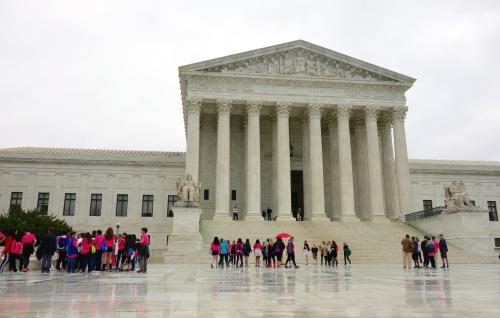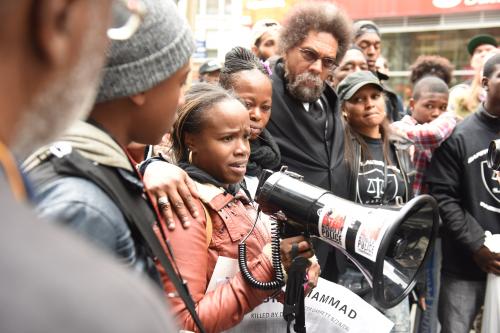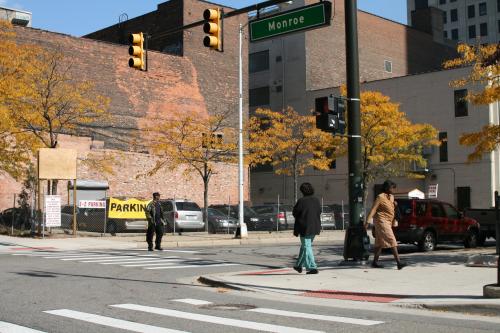You can only imagine the deep sense of gratitude hundreds of Walmart customers must have felt when they learned that famed director, producer and actor Tyler Perry paid off their layaway plans, totaling over $430,000. It was a kind gesture, but Perry’s generosity should not blind us to the systemic problems that leave far too many Americans dependent on layaways, payment plans, credit card debt, payday loans, and other stopgaps to survive in an unfair economy.
Perry announced the good news on Twitter: “So I was trying to do this anonymously, but due to some circumstances…,” he posted. “If you have a layaway at the Walmart at 844 Cleveland Avenue in East Point, Georgia, in Atlanta, or if you have a layaway at the Walmart at 7001 Concourse Parkway in Douglasville, Georgia, if you have a layaway at either place and it was in there as of 9:30 this morning… I have paid for all of your layaways for Christmas.” Inspired by Perry’s holiday spirit, musician Kid Rock and conservative radio host Glenn Beck also paid off Walmart layaways.
Especially popular for holiday shopping, layaway plans allow customers to put down a deposit on their selected items and pay them off over a time period. At many stores, these plans are less fee-riddled and exploitative than other options lower income people have to make big purchases.
Layaway plans were first widely used during the Great Depression but have seen a resurgence in popularity in our highly unequal times. For decades, the very wealthiest Americans have reaped the lion’s share of economic growth. Most Americans’ wages have stagnated as their basic needs like housing, health care, and education have become drastically more expensive. In 2015, the top one percent of households in the United States took home more than 26 times as much income as the bottom 99 percent of families. Inequality is even greater if you look at wealth: The top one percent of households has 40 percent of U.S. wealth. The wealth gap between black and white Americans—reinforced by racism in the housing market—persists even after taking into account age, income, education, family structure, and occupation.
Charity is no alternative to policies that would share America’s wealth more equitably in the first place.
However kind Tyler Perry and his celebrity imitators have been, paying off layaway plans is no solution to these deeply entrenched inequalities. Charity is no alternative to policies that would share America’s wealth more equitably in the first place. Individual generosity is intrinsically arbitrary and therefore unfair. People with layaway plans at other Walmart locations, or other low-income people without layaway plans, are no less deserving of help than those who were lucky enough to benefit from these celebrities’ attention.
There is a much better way for rich people to share the wealth: They can pay more in taxes. Historically, top marginal tax rates were much higher than they are today, and those taxes helped prevent wealth concentration and preserved a vibrant economy. Unfortunately, thanks to the regressive Tax Cuts and Jobs Act passed last year, most wealthy people will be paying substantially less in taxes. The law was not especially popular even with Republican voters, but it did please the Republican donor class. As wealthy people play a larger role in our political system, the TCJA will not only make the economic playing field even more unequal, it will make our politics even less responsive to average Americans.
If we want to get to a place where people don’t need layaway plans to provide for their families, we have to move beyond the emotions that come from seeing individual families get a much-needed break. We have to recognize that public displays of charity come from a power that should not exist. We need to recognize that Christmas cheer is not a policy solution.
The Brookings Institution is committed to quality, independence, and impact.
We are supported by a diverse array of funders. In line with our values and policies, each Brookings publication represents the sole views of its author(s).








Commentary
Christmas cheer is not a policy solution
December 19, 2018